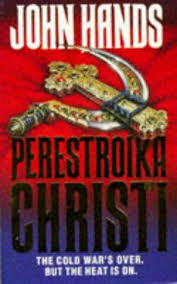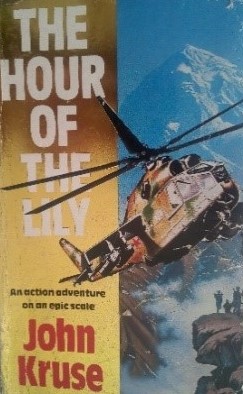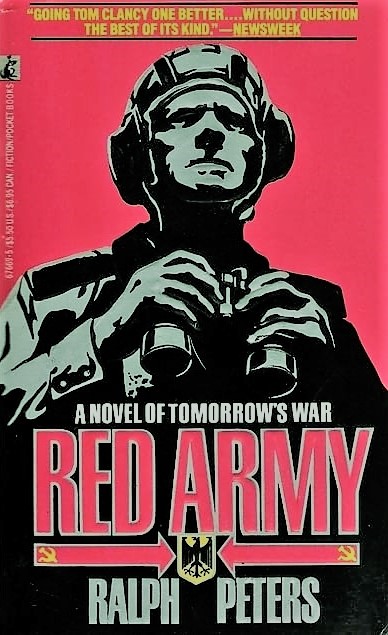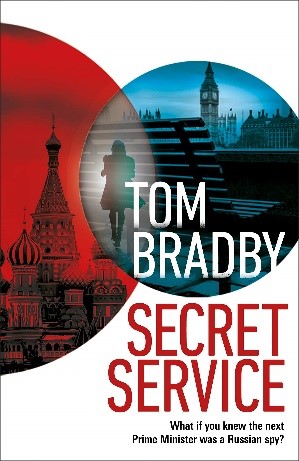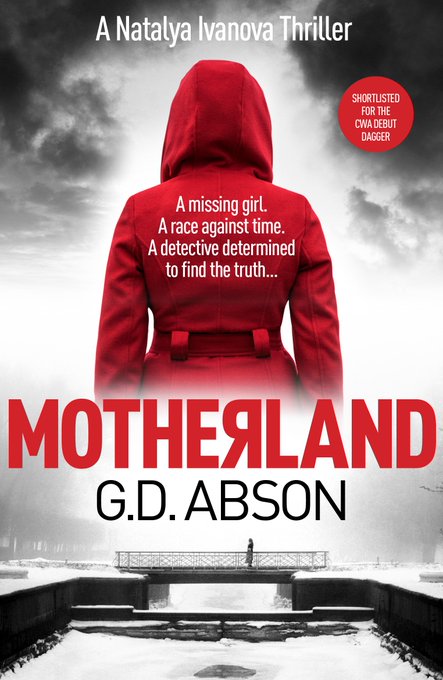
G. D. (Garry) Abson’s first book is a cracking crime novel, set in contemporary St Petersburg and shaped around the character of a maverick female detective, Natalya Ivanova.
In Abson’s portrayal of Russia, for ‘maverick’, read ‘not corrupt’. Ivanova’s efforts to solve crime —in this case the disappearance of a young woman— are hindered as much by obstructive, careerist, regime-loyal colleagues as they are by the normal stuff such as lack of evidence and the deceptive nature of the criminal class.
One strap-line we have seen used for Motherland goes like this.
‘Natalya Ivanova does for St Petersburg what Martin Cruz Smith’s Arkady Renko did for Soviet-era Moscow.’
